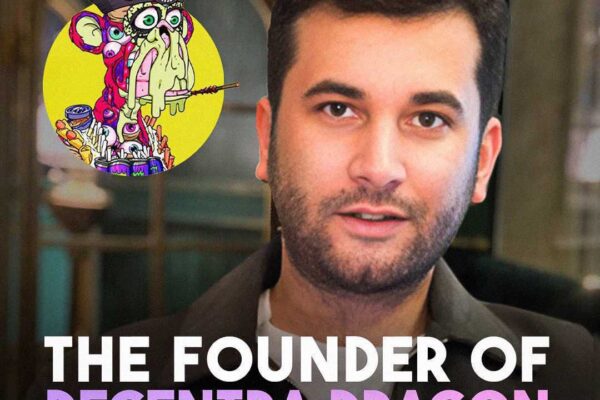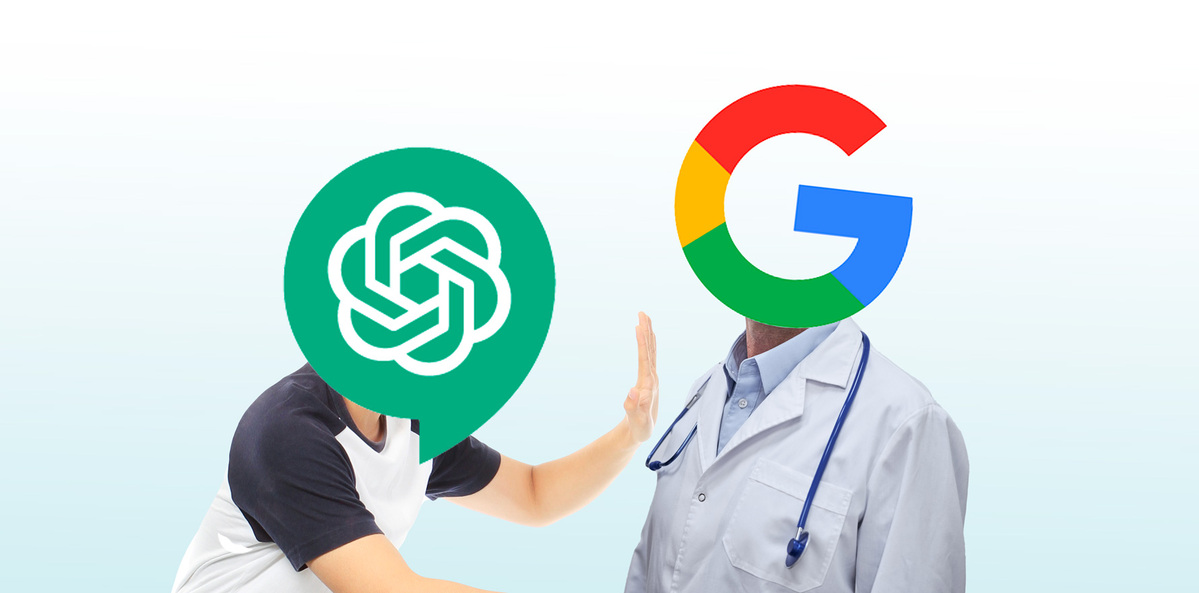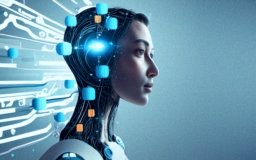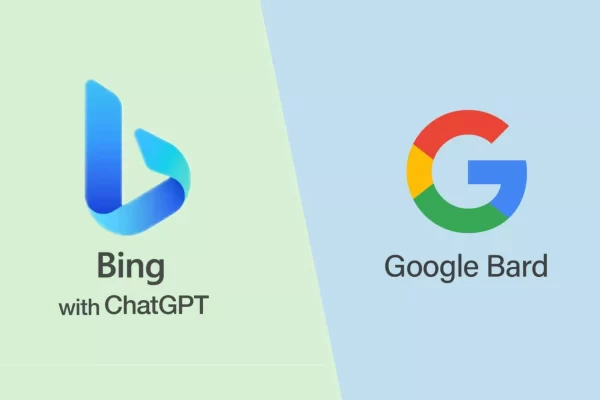Dr. Google has long been the first stop for many patients researching their symptoms online. However, a promising new challenger has arrived: Dr. ChatGPT.
A recent study from Emory University School of Medicine demonstrated that the AI-powered chatbot ChatGPT outperformed standard Google searches in accurately diagnosing eye-related health complaints. While promising, ChatGPT’s diagnostic skills spotlight important discussions around safely integrating such AI systems into real healthcare settings.
The Risks and Drawbacks of Self-Diagnosis Online
Turning to “Dr. Google” for medical advice has become commonplace. However, inconsistent quality causes issues. Riley Lyons, an ophthalmology resident at Emory University, often sees patients arrive with alarming self-diagnoses from online searches. However, their actual conditions frequently prove far less severe.
While convenient, online symptom checkers and forums do not replace professional diagnoses. Poor information quality and a lack of context can fuel patient anxiety.
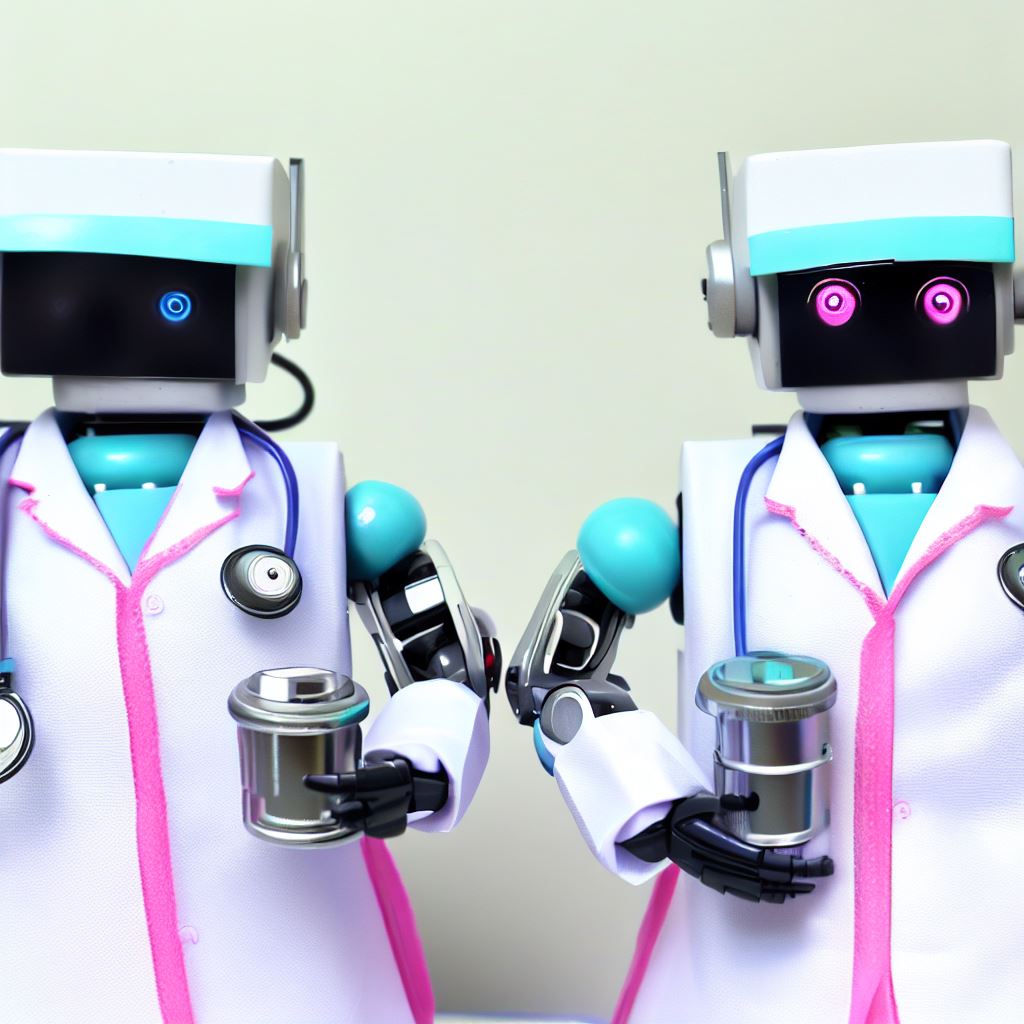
ChatGPT’s Impressive Diagnostic Abilities
Intrigued by ChatGPT’s capabilities, Lyons and colleagues tested its accuracy in assessing eye-related complaints. The results, published in medRxiv, revealed ChatGPT’s diagnoses aligned more closely with ophthalmologists’ assessments than both general Google searches and the symptom checker on WebMD.
Co-author Nieraj Jain noted that ChatGPT significantly improved over relying solely on Dr. Google. Its integration of reliable medical sources enables more accurate insights.
Potential Benefits of AI Assistance in Healthcare
ChatGPT’s strong performance highlights the potential benefits of AI chatbots in healthcare settings:
- Accurate initial assessments expedite diagnosis and treatment
- User-friendly alternative for accessing reliable medical information
- Reduction in patient anxiety and misleading self-diagnoses
- Support for clinicians in streamlining workflows
However, integrating AI technology like ChatGPT requires careful consideration.
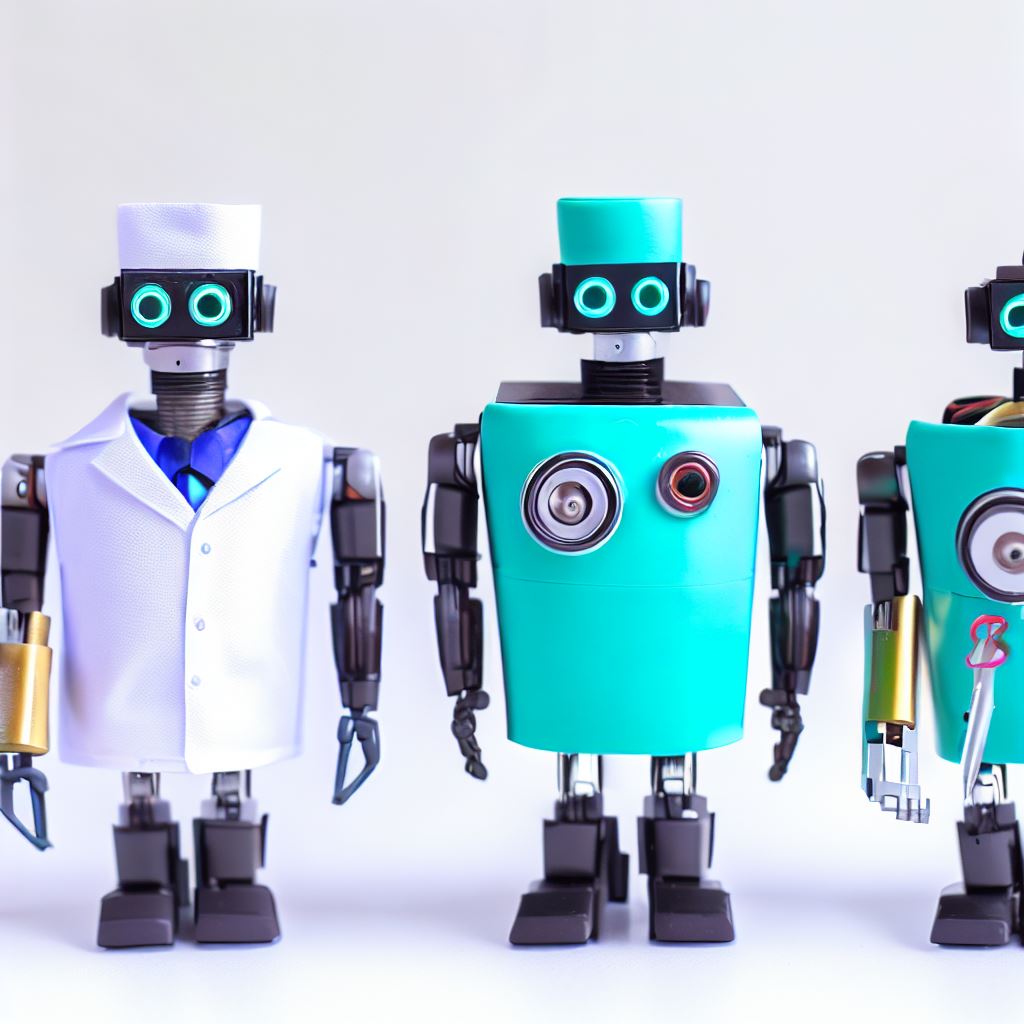
Navigating the Ethical Landscape of AI in Healthcare
While promising, placing chatbots like ChatGPT in real diagnostic roles raises critical ethical and practical concerns:
- Patient privacy: Strict protocols must prevent personal health data misuse
- Informed consent: Patients should understand when a chatbot is used
- Human oversight: AI should complement clinicians, not replace them
- Reducing bias: Algorithms must avoid reflecting biased data inputs
- Continuous updates: To stay accurate, AI needs constant retraining
By addressing these challenges, AI stands to become a valuable healthcare asset while putting patient welfare first.
The Future Role of AI in Medicine
As AI capabilities grow, doctors may increasingly utilize chatbots like ChatGPT at the frontlines of care. These tools can streamline processes and empower patients with reliable medical information.
However, human clinicians will remain essential, overseeing technology integration and leading decision-making. The ideal balance lies in AI and doctors collaborating closely to enhance diagnoses and treatment.
The Emory University study signals a promising path for AI in medicine. But actualizing the full potential of AI in healthcare without compromising ethics or patient care will require diligence, oversight, and a patient-first approach.
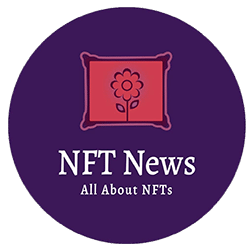
This information is published by the NFT News media team.

